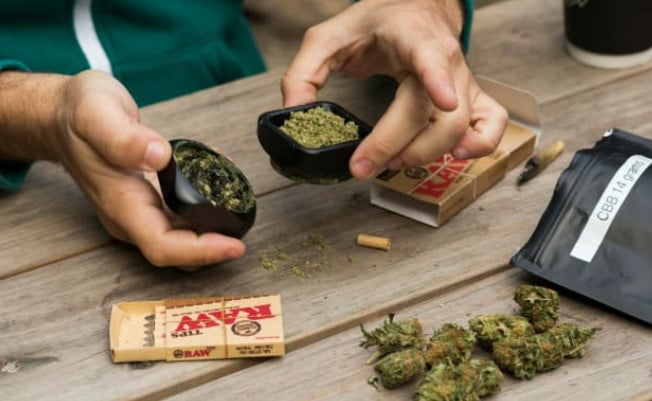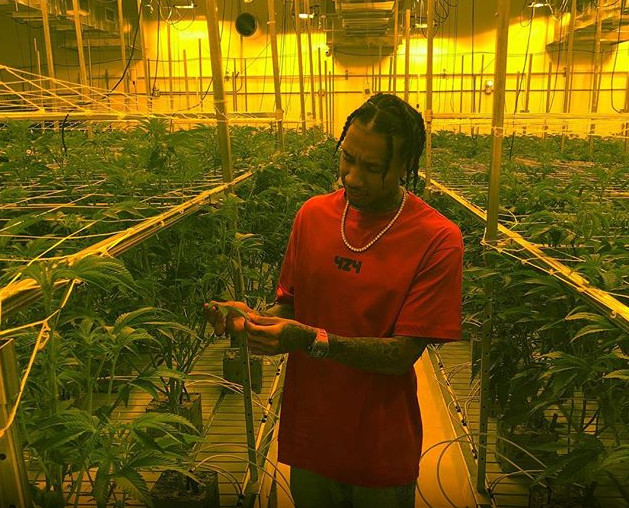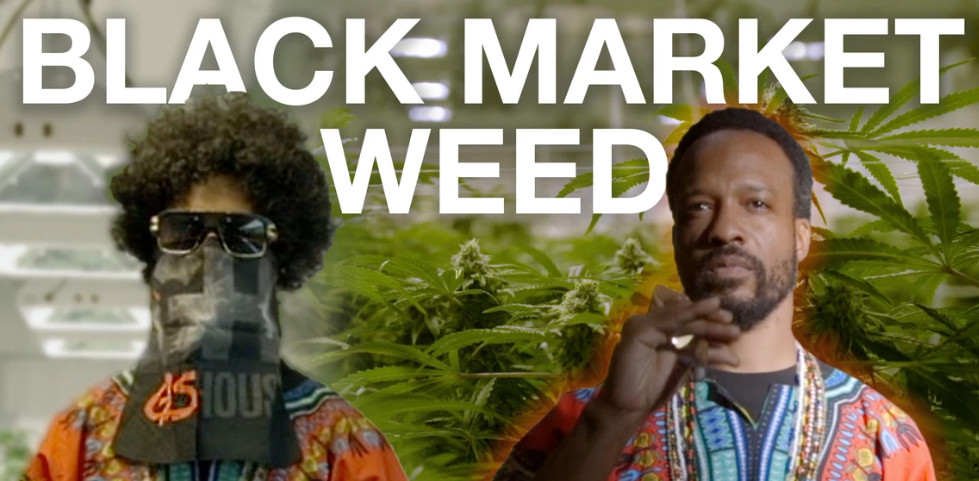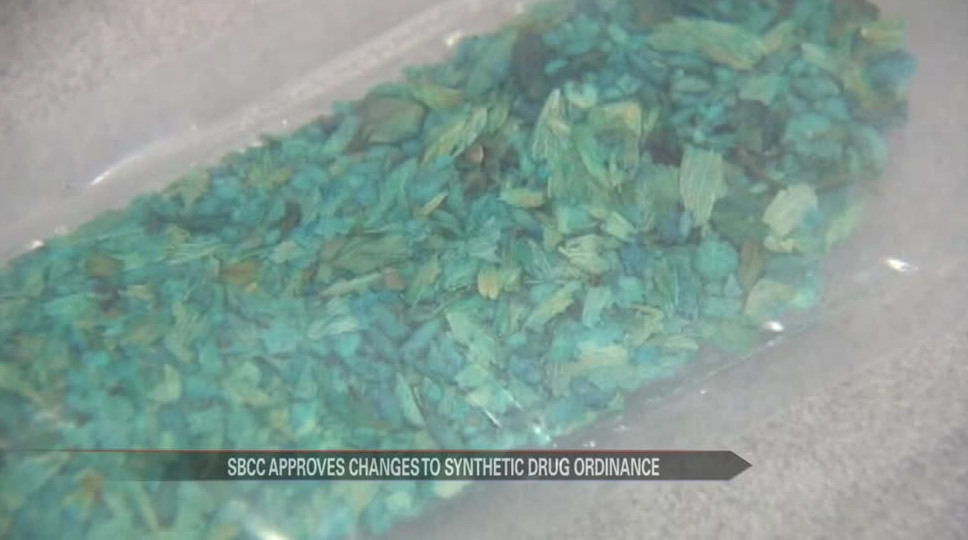Big ambitions require investment, but not all infusions of capital are equal. Cronos, the Canadian pot producer, is in early talks with the tobacco giant Altria, Reuters reported on Monday. An association with a huge tobacco company isn’t exactly what this nascent industry needs.
To say that Cronos has expansion plans is an understatement. It wants to grow its production of weed to more than 258,000 pounds a year — equivalent to just less than $900 million a year in revenue terms, based on its latest realized price per ounce.
In the last quarter it sold just 1,133 pounds. That’s not to say that the Cronos chief executive Michael Gorenstein can’t hit that target — but anyone buying his company’s shares, or those of equally driven rivals, is effectively getting some greenhouses and nurseries, supply agreements and a lot of hope.
Altria can take that risk. With a stock market capitalization of over $100 billion, it could swallow the $1.8 billion Cronos with virtually no financial impact. (Never mind that Cronos trades at more than 20 times its projected revenue for 2019, according to estimates from the data provider Refinitiv.) And for the tobacco industry, which has more enemies than friends, diversification makes sense — much like Altria’s potential investment in the vaping company Juul Labs, reported by The Wall Street Journal last week.
The trouble is, cannabis isn’t quite like tobacco, nor should it want to be seen that way.
Producers aspire for their product to be seen as medicinal rather than lethal, for one. In the future a lot of cannabis won’t be smoked but eaten, taken as oils or even applied as cosmetics. Moreover, pot growers would prefer not to be regulated in the same draconian way as tobacco. Canada has already imposed strict curbs on how weed companies present logos and branding. In most U.S. states where usage is legal, a more liberal approach so far prevails.
In some cases, weed producers can be selective. Canopy Growth in August announced a $4 billion investment from the brewer Constellation Brands, targeting a North American infused-beverage market that analysts from Berenberg Bank think could be worth $13.2 billion. Others might turn to pharmaceuticals companies, or even personal-goods makers.
Tobacco companies have cash and urgency, but their unmistakable aroma is something that Big Weed can do without.
Credit: nytimes.com












